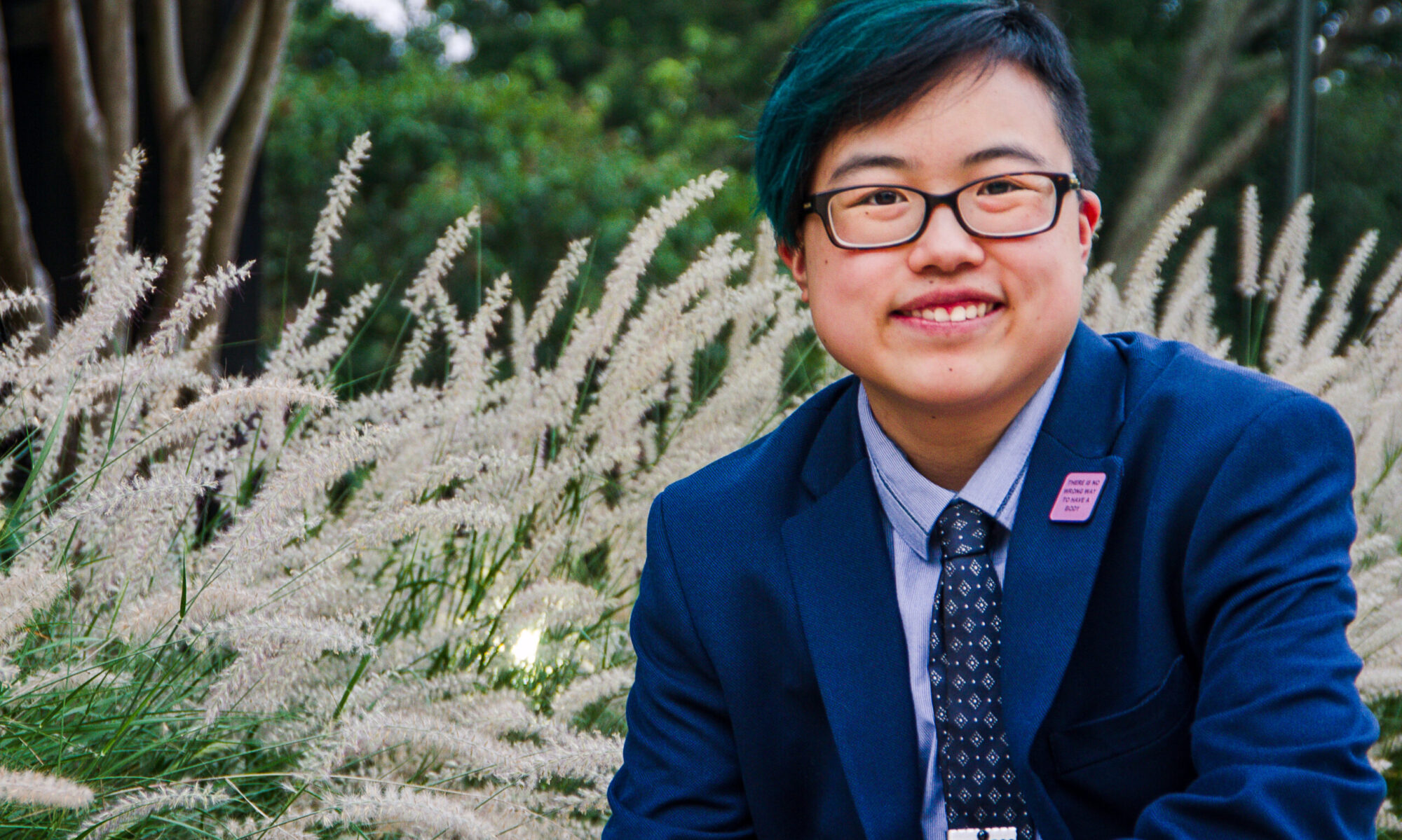I am a writer, public speaker, educator, trainer, consultant, advocate, community organizer, community builder, activist, scholar, and attorney.
For over fifteen years, I have worked to address and end interpersonal and state violence targeting disabled people, especially disabled people at the margins of the margins, in our own homes and communities, in movement spaces, in schools, in disability-specific institutions, and in jails and prisons. My work begins at and centers intersections of disability, queerness, race, gender, class, and nation and migration. I have provided trainings and consultations to hundreds of individuals, educational institutions, agencies, companies, and organizations across numerous professional and academic fields on a range of issues impacting disabled, queer, trans, and negatively racialized people.
I founded and lead The Autistic People of Color Fund in partnership with the Autistic Women & Nonbinary Network. I created and curate Bearing Witness, Demanding Freedom, the Living Archive and Repository of the Judge Rotenberg Center’s Abuses. Along with Morénike Giwa Onaiwu and E. Ashkenazy, I co-edited the first edition of the anthology All the Weight of Our Dreams: On Living Racialized Autism. I am one of ten young activist icons featured in Amplifier’s We The Future Campaign. I am also featured in People of Color Productions’ docuseries-in-progress I Identify As Me directed and produced by Tina Colleen and Monick Monell, PBS’ American Renegades series, LikeRightNow Films’ The Ride Ahead and My Disability Roadmap, and HBO Max’s documentary Persona: The Dark Truth Behind Personality Tests. I’m a past Gender+ Justice Initiative Fellow at Georgetown University and a Justice Catalyst Fellow at the Bazelon Center for Mental Health Law.
In 2022, I ran for the Maryland General Assembly’s House of Delegates with the core campaign message that We Deserve Better.
As an educator, I teach in the Disability Studies Program and the Women’s and Gender Studies Program at Georgetown University as well as in the American Studies Program at American University’s Department of Critical Race, Gender, and Culture Studies. I’m also a faculty member and Law and Public Policy Discipline Coordinator for the Leadership Education in Neurodevelopmental and related Disabilities (LEND) Training Program at Georgetown. Previously, I taught in the Honors College at the University of Delaware and in the Experimental College at Tufts University, and as a volunteer instructor in programs for high school and middle school students at the Massachusetts Institute of Technology’s Educational Studies Program.
Professionally, I work as Director of Public Policy at the National Disability Institute, where I focus on advancing financial freedom and economic opportunity for people with disabilities through strategic policy research, development, and implementation. Previously, I worked as Policy Counsel with the Privacy and Consumer Data Project at the Center for Democracy and Technology, where I focused on algorithmic injustice, bias, and discrimination affecting disabled people, and as Director of Policy, Advocacy, and External Affairs at the Autistic Women and Nonbinary Network, where I led policy work with an intersectional approach to disability and neurodiversity.
I provide regular consultations, workshops, and trainings within the U.S. and internationally for many other organizations on radical access, care, and justice.
Like all of us, I live at the intersection of many forms of marginality and oppression, and many forms of privilege and power. Some identities and experiences that are important to me are that I am a multiply disabled, queer, and nonbinary/transmasculine Chinese American, East Asian survivor of transracial/transnational adoption, a Jew of color and Jew by choice, working precariously both within and at the margins of academia and the nonprofit industrial complex.
As a survivor of transnational/transracial adoption, I am a settler-of-color arrivant to Turtle Island, living and working on the unceded and occupied traditional homelands of the Piscataway-Conoy, Nacotchtank, Pamunkey, Manahoac, and Susquehannock Nations whose people have inhabited and stewarded these lands since time immemorial. If you are a white settler or settler-of-color living on Native land, you can learn more about the land where you live, Indigenous land acknowledgement, and developing a solidarity action plan rooted in respect, reciprocity, and relationship.
My name is Ly Xīnzhèn M. Zhǎngsūn Brown. Ly Xīnzhèn is a given name. It is a double name (not two separate names) like Mary Lou, Abdul Lateef, José María, Menachem Mendel, or Ghebre Mariam.
